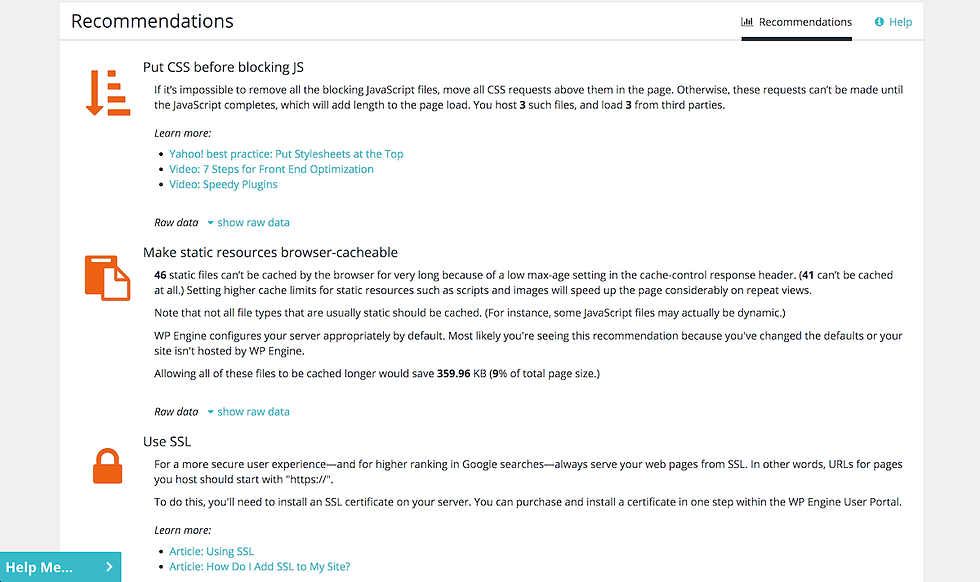WP Engine launches first page-level performance tool intended for WordPress sites
- Fahad H

- May 24, 2016
- 1 min read

WP Engine provides web hosting and services for sites based on the popular open-source publishing platform, WordPress.
Today, the Austin, Texas-based company is releasing Page Performance, which it describes as “the first managed WordPress platform to offer a web page speed performance tool integrated into the user dashboard.” Its mission: monitor how long it takes for pages and all content to load, determine if there are issues relating to site speed and make recommendations for improvements.
Via the dashboard, the user can see detailed speed tests, have access to historical reports on each page’s speed and receive recommendations about how to solve tech issues. In its announcement, the company cited a study by Akamai and Gomez.com: A one-second delay in page load time becomes 11 percent fewer page views, a 16-percent decrease in customer satisfaction and a seven-percent drop in conversion.
The report includes cacheability, render start, visitor complete and render complete, as well as access to raw data and a breakdown of domains. The recommendations offer links to support materials in an online library.

Here’s a sample recommendations screen:

Before the launch of Page Performance, CTO Jason Cohen told me, WP Engine did not offer such a tool, as it recommended one of the popular external ones, like Yahoo’s YSlow, Google’s PageSpeed, or WebPagetest.org. But those tools, he noted, weren’t specific to WordPress’s approach to, say, loading multiple CSS files or structuring JavaScript.
Cohen estimated that his company’s new performance tool can lead to speed performance improvement up to 200 to 300 percent, assuming the site had not previously been optimized.
WP Engine says it serves 47,000 customers and agency partners in 133 countries and sees about 150 million unique visits daily.




Comments